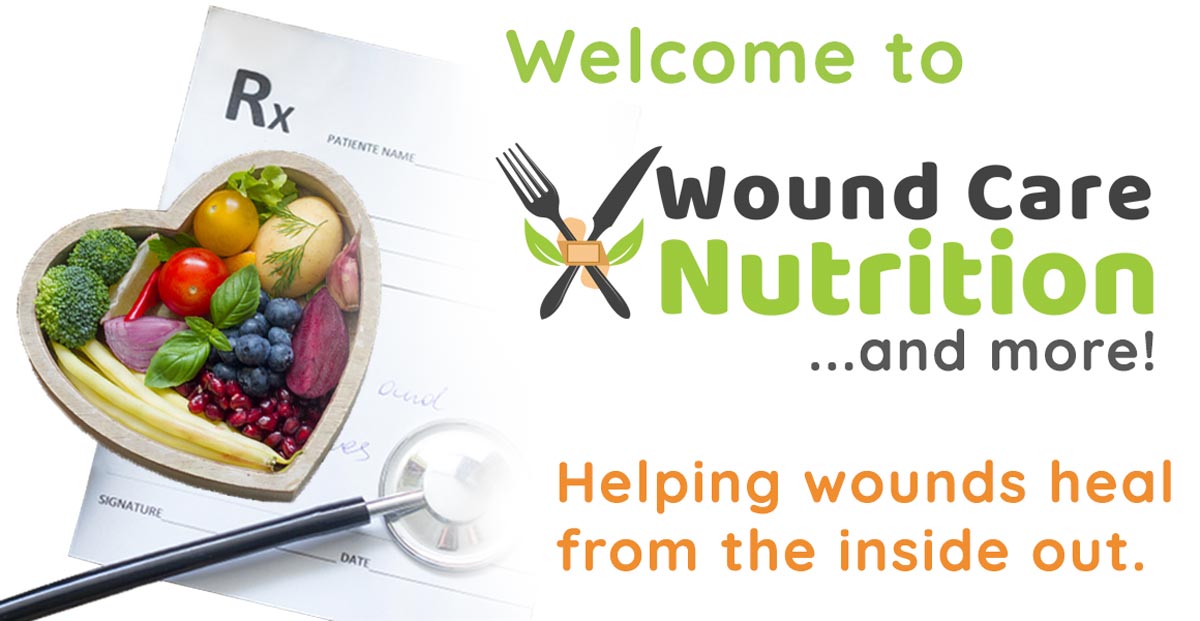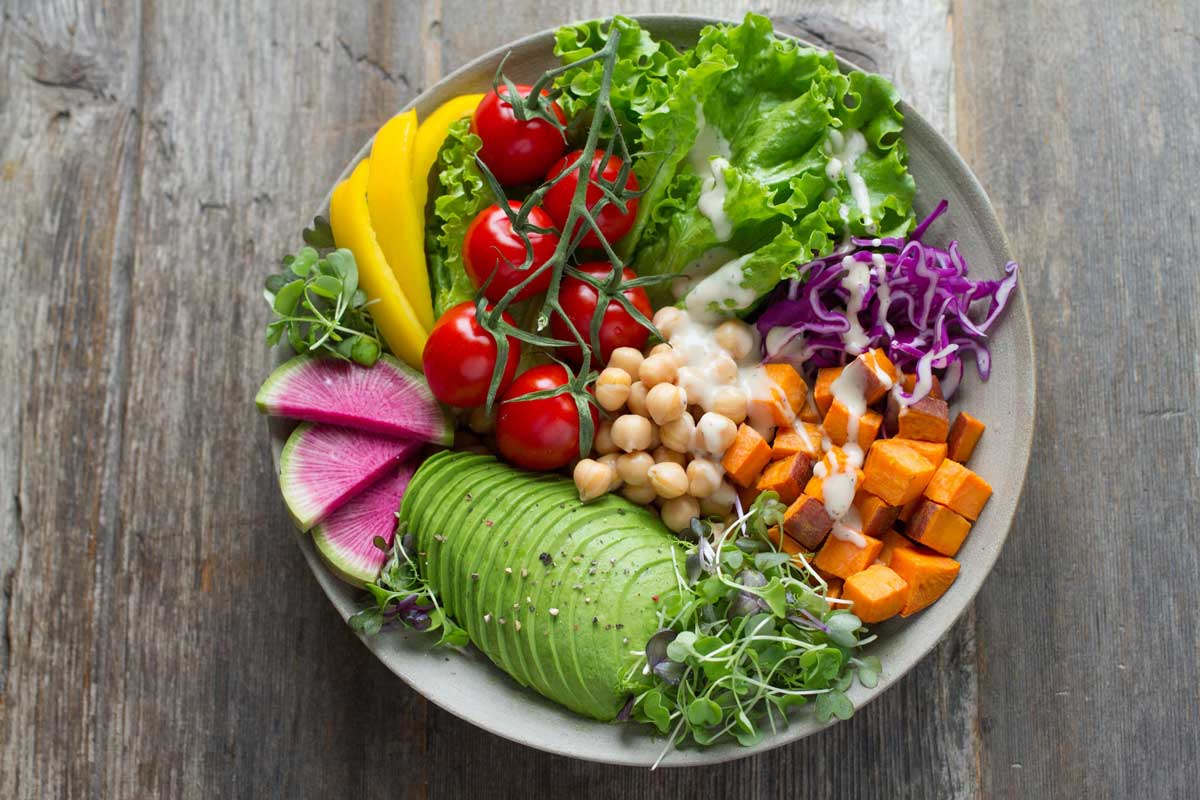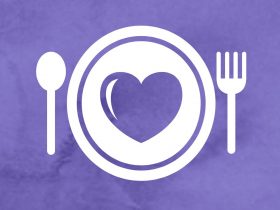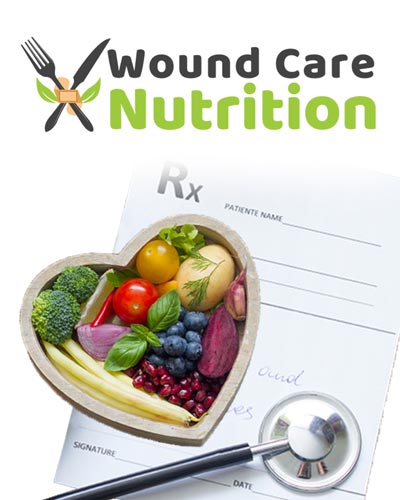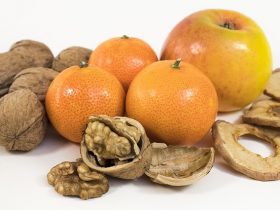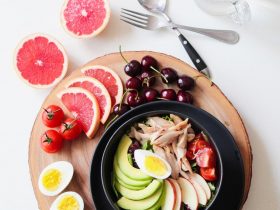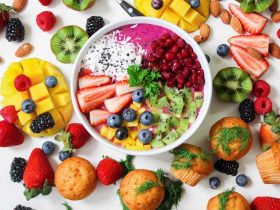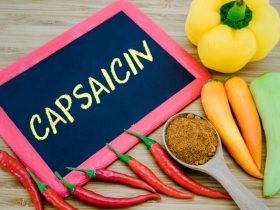By Nancy Collins, PhD, RDN, LD, NWCC, FAND
Patients with wounds require increased amounts of dietary protein, typically meaning meats, poultry, dairy products, and eggs. Vegetarians will need alternate sources of protein and amino acids to meet their needs and heal their wounds.
If you have ever heard me talk about nutrition interventions for wound healing, you surely heard me emphasize the patients’ need for protein. In order to build new tissue to heal a wound, patients must consume enough protein each and every day to meet their increased needs. Typically, this means eating increased amounts of meat, poultry, fish/seafood, eggs, and dairy products. This seems simple enough, but what if you have a vegetarian patient?
Types of Vegetarians
The first thing I do when patients tells me they are vegetarian is to ask them for a little more information. Everyone has their own idea of the meaning of vegetarianism. One patient recently told me she was vegetarian at home, but not when she eats out. I told her that was more a flexitarian than a vegetarian, but she was unfamiliar with that term. So, let’s get the terminology straight first.
| Type of Vegetarian | Animal Foods Excluded | Animal Foods Included |
| Lacto-Ovo-Vegetarian | Meat, fish/seafood, poultry | Dairy, eggs |
| Lacto-Vegetarian | Meat, fish/seafood, poultry, eggs | Dairy |
| Ovo-Vegetarian | Meat, fish/seafood, poultry, dairy | Eggs |
| Pesco-/Pesca-Vegetarian | Fish/seafood, eggs, dairy | Meat, poultry |
| Pollo-Vegetarian | Poultry, eggs, dairy | Meat, fish/seafood |
| Semi-Vegetarian (Flexitarian) | Meat, fish/seafood, poultry most of the time | Dairy, eggs; on occasion meat, fish/seafood, poultry |
| Vegan | Meat, fish/seafood, poultry, eggs, dairy, honey, etc | None |
| Fruitarian | Meat, fish/seafood, poultry, eggs, dairy | None; typically unprocessed and uncooked foods only |
Note: Meat includes red meat (eg, beef, lamb), pork, and poultry
Complete Proteins
The term complete protein refers to amino acids, which are the building blocks of protein.
Protein is formed by 20 different amino acids. Out of the 20, nine fall into the category of essential or indispensable because the body cannot produce them on its own. They must come from food. A complete protein must contain all nine of these essential amino acids in roughly equal amounts. Meat and eggs are complete proteins, while beans and nuts are not.
But don’t worry. We do not need all nine essential amino acids at every single meal and snack. Most vegetarians will consume a variety of foods over the course of the day that will meet their daily requirements for all of the amino acids. The challenge is that most of our patients have increased needs and often have decreased appetites. On top of this, wound healing increases the need for some of the nonessential amino acids as well, such as arginine and glutamine. Consuming sufficient calories each day also is key to healing.
Making a Plan
If your patient will eat eggs and dairy, you are all set. If not, you should recommend vegetarian proteins that are complete.
The best choices are:
- Quinoa
- Buckwheat
- Soy
- Seitan
Hempseed and chia, which are both very close to complete, also are good choices.
Other simple suggestions are food combinations where one food makes up for what the other lacks, thereby creating a complete protein. The best examples are rice and beans, peanut butter sandwiches, and hummus and pita. For example, most beans are low in methionine and high in lysine, while rice is low in lysine and high in methionine. When eaten together, it is as complete as meat.
Protein supplements are another good option as a concentrated source of protein. Many supplements come from whey or casein, both derived from milk. If your patient prefers to avoid milk, look for a protein supplement derived from soy, rice, pea, or hemp, or a combination of these. The evidence on soy is divided, particularly in patients with certain estrogenic and thyroid diseases, so make sure to know your patient’s medical history when recommending soy. Protein shakes are an easy way to provide both protein and calories.
Vegan diets may fall short on some vitamins and minerals. This is especially true for vitamin B12, vitamin D, and long-chain omega-3s. Supplements can fill the gaps. If you are concerned about the adequacy of your wound patient’s diet, a registered dietitian nutritionist (RDN) can provide a detailed analysis and make appropriate recommendations.
Generally speaking, with a little planning and knowledge, vegetarian patients should meet their needs for healing with a varied diet.
Reference
The Vegetarian Resource Group. Health, environment, ethics. The Vegetarian Resource Group website. https://www.vrg.org/

